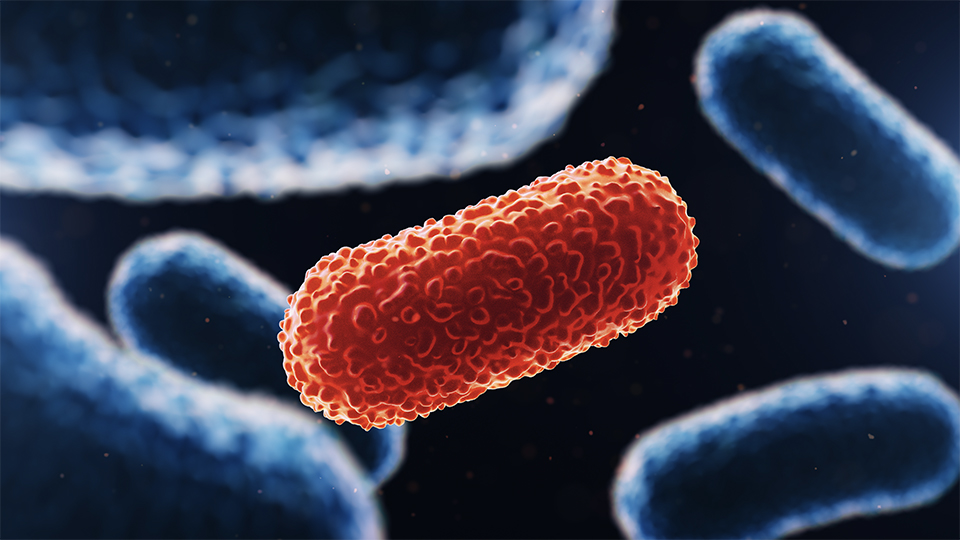Immunosenescence: implications for old patient in intensive care unit
DOI:
https://doi.org/10.37051/mir-00150Keywords:
immunosenescence, ageing, acute stressAbstract
Population ageing is a worldwide phenomenon and 20% of patients admitted in Intensive Care Unit (ICU) in France are 75 years old and over. Ageing associated physiological changes and comorbidities leading to an increased vulnerability towards acute stress, with great interindividual heterogeneity. The immune system is deeply impacted by aging with phenotypic and functional modifications which contribute to this vulnerability. Acute stress, modelized by sepsis, hip fracture but probably also many acute pathologies, leads to an activation of the immune system, which needs to be regulated to return at baseline (or homeostatic state). In the case in old patients, this balance is even more difficult to recover since it was frailer and more vulnerable initially. A better unknowledge of the links between stress and immunity would allow to better understand the mechanisms of exhaustion after an acute stress in old patients.


